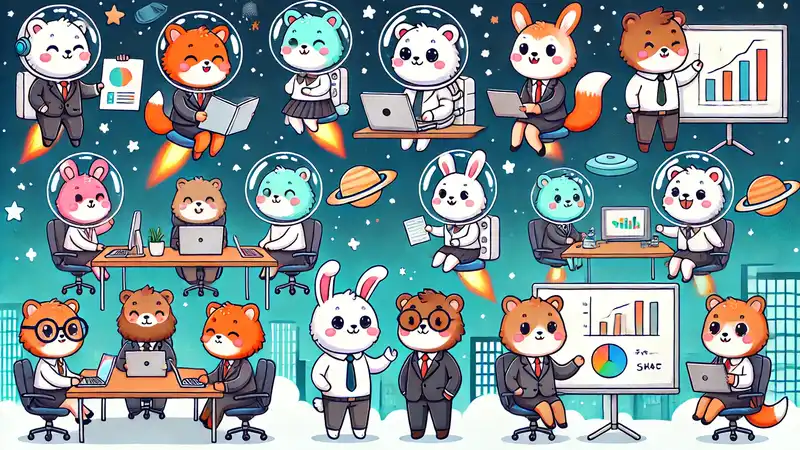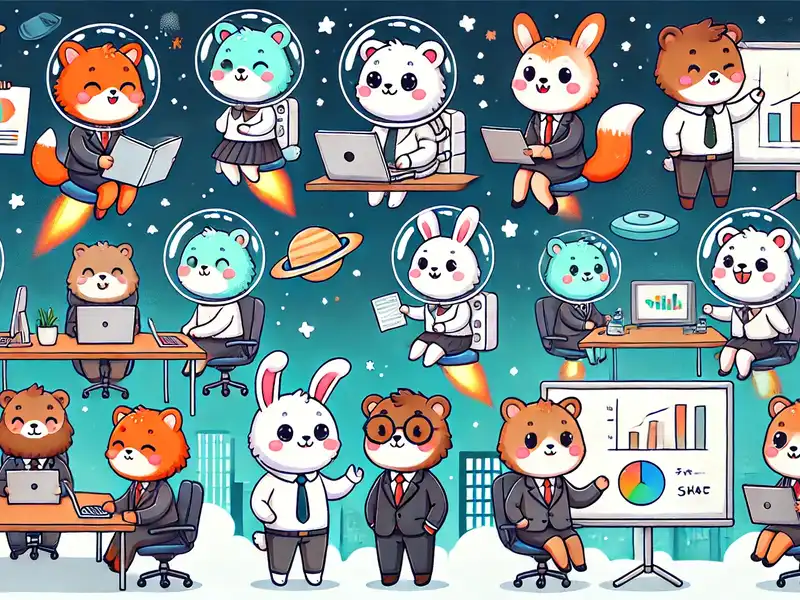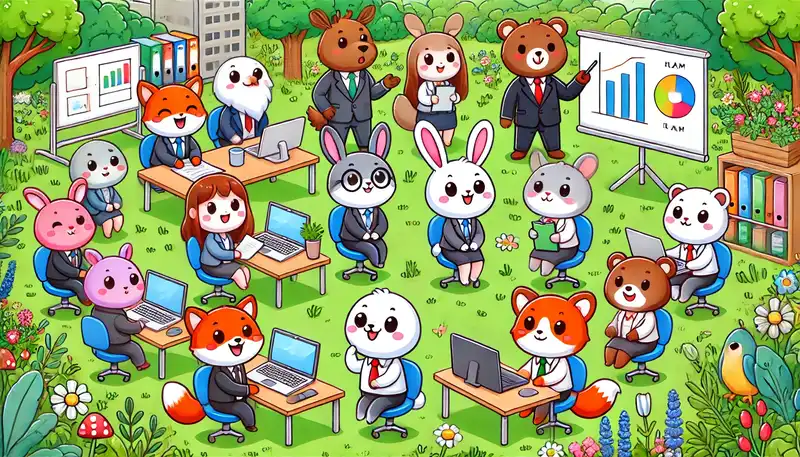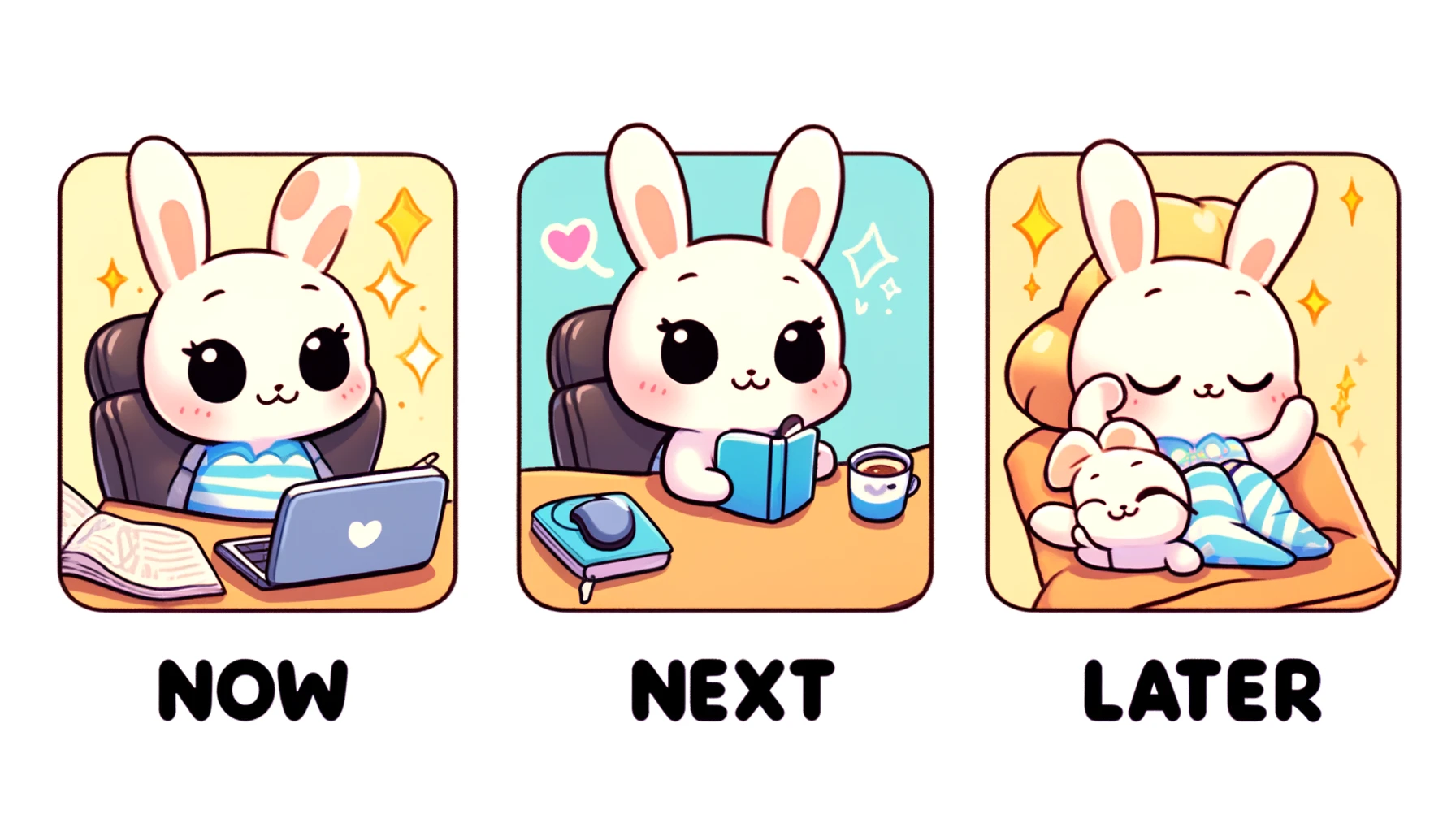Nobody likes being called a resource. Nevertheless, the term is appropriate and has a legitimate reason to exist and be used. Learn what it means, how to use it, and when.
- Introduction
- What does Resource abstract?
- Why is it an important term in corporates?
- Managers: when to and when not to use it
- Contributors: what does it mean to be referred to this way?
- Final point on abstractions in corporates
Introduction
Beyond the basics, all language is an abstraction, allowing us to discuss complex topics efficiently and clearly. We amass knowledge beneath ever-higher pyramids of abstraction, enabling us to discuss increasingly complicated subjects efficiently.
For example, take the word “Oxygen.” It abstracts elements of chemistry, physics, and the natural world, labeling the molecule in a way that allows us to discuss topics involving oxygen without needing to describe it every time. Imagine trying to explain what breathing accomplishes without an abstract term for this critical component of the respiratory process!
It’s common for contributors to feel offended when referred to as resources, and this is fair enough. Without understanding the purpose of the word, it can seem dehumanising. This feeling likely stems from a lack of understanding of the term and what it represents.
What does Resource abstract?
It is more than an alternative to “people” or “person.” The word is used to refer to any or all of the following:
- Full-time employees
- Contractors
- Outsourced contributors
- Physical goods (e.g., servers, laptops)
- Virtual goods (e.g., software licensing)
In common use, the word is employed when discussing whether a plan has what it needs to succeed. Work may be sufficiently or insufficiently “resourced,” meaning it is lacking in one or more of these items necessary for success.
Why is it an important term in corporates?
This level of abstraction allows communication to remain concise and focused, which is important as information ascends the hierarchy. An interested or concerned executive can inquire about which resources specifically or whether there is a plan to address a lack of resources, without needing to know specifics.
Managers: when to and when not to use it
This will depend on your workplace culture. Keep in mind the connotations that can come with this word for audiences that may not understand its meaning or appreciate its use. It is never good to alienate your workforce or make them feel dehumanised.
Always tailor your communication to your audience. Writing a report for your superiors? Be concise and factual. Answering questions in a company or departmental ask-me-anything session? Humanise your language and simplify it so everyone understands your meaning, not just your words.
Contributors: what does it mean to be referred to this way?
Essentially, nothing. Don’t read too much into it. Someone either didn’t read this article or failed to target their language appropriately.
Remember, we have entire departments with this label: Human Resources. Our time is bought and paid for by the company, and we exchange it for outcomes. Many elements need to work together to provide those outcomes, and we call these resources.
Final point on abstractions in corporates
Everything is numbers. Hema Patel once taught me that if one cannot summarise a problem in numbers, one doesn’t understand the problem.


This means you, me, and the seats we sit on all live in a spreadsheet somewhere and are summed, divided, costed, and accounted for. The word “resource” is simply a linguistic reflection of this fact.
It is vitally important as a manager to be able to jump between different levels of abstraction as appropriate, from high-level financial summaries where individuals are reduced to numbers and costs, down to the level of the individual themselves. It can pay to periodically explain the differences and necessity of each level of abstraction to your teams. This is part of implementing leadership: all benefit from understanding more about each other’s roles as we work together to succeed.








